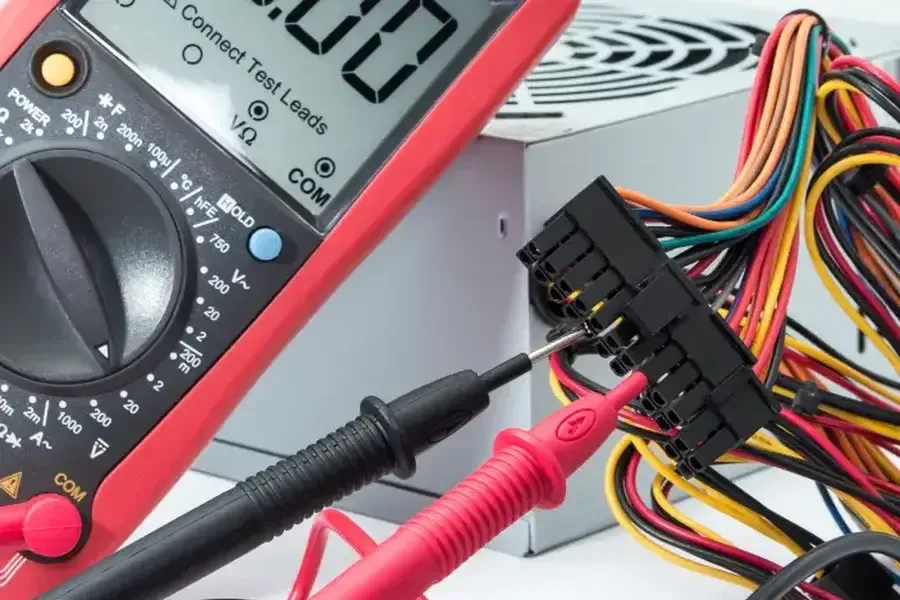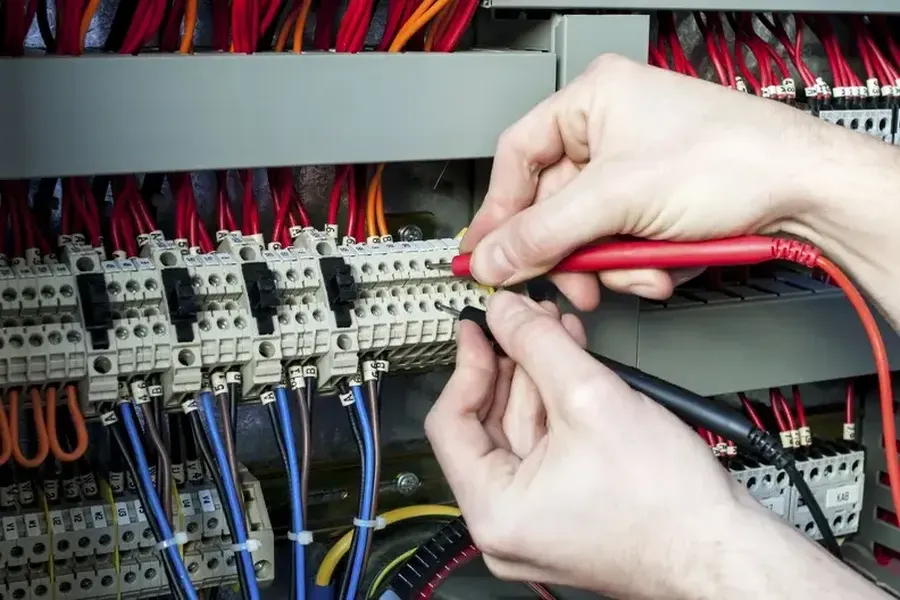Learn Essential Tips for Upgrading Your Home’s Wiring
Upgrading your home’s wiring is an important task that can enhance safety and improve energy efficiency. Whether you’re adding new appliances or renovating, choosing the right wiring ensures reliable electricity flow. In this guide, we’ll cover everything you need to know about selecting the best wiring options for your home upgrade.

Understanding Different Types of Wiring
When upgrading your home’s electrical system, it’s crucial to understand the different types of wiring available. Common options include non-metallic sheathed cable (NM), armored cable, and underground feeder (UF) cable. Each type serves specific purposes and has unique benefits. NM cables are widely used in homes because they’re affordable and easy to install. However, for areas exposed to moisture, UF cables might be more suitable due to their water-resistant coating.
Importance of Hiring Professional Services
While some homeowners may consider handling electrical tasks themselves, hiring a qualified professional is essential. A licensed electrician ensures that all work complies with local codes and standards. This not only keeps your family safe but also protects your investment by ensuring quality workmanship. When planning your electrical upgrade, make sure to consult with experts who offer comprehensive electrical service packages.

Determining Your Electrical Needs
Before choosing wiring, assess your current and future electrical needs. Consider the number of outlets required and any potential additions like smart home devices or electric vehicles. This foresight helps prevent overloading circuits and reduces potential hazards. Consulting with professionals offering specialized electrical service can help you determine the correct specifications for your upgrade.
The Role of Wire Gauge in Safety
Selecting the right wire gauge is critical for safety and performance. The gauge refers to the wire’s thickness, impacting how much electric current it can handle safely. For instance, 14-gauge wires are typically used for lighting circuits, while 12-gauge wires are better suited for outlets and kitchen appliances. Using the incorrect gauge could lead to overheating and pose fire risks.
Cost Implications of Wiring Choices
The cost of wiring varies based on type, length, and installation complexity. While it might be tempting to choose cheaper materials, investing in high-quality wiring pays off in reliability and longevity. Consider factors such as insulation quality and resistance to wear when evaluating costs. Although initial expenses might be higher, proper materials can reduce maintenance issues over time.
Benefits of Energy-Efficient Wiring Solutions
Opting for energy-efficient wiring solutions offers several advantages. These systems minimize power loss, leading to reduced utility bills. Additionally, they contribute to environmental conservation by lowering overall energy consumption. Look for products featuring advanced technologies designed to optimize energy usage without compromising performance.
- Reduce energy costs
- Enhance electrical system reliability
- Lower environmental impact
Steps for a Successful Wiring Installation
- Consult with a licensed electrician
- Assess your current and future power needs
- Select appropriate wire types and gauges
- Plan layout according to safety regulations
- Conduct thorough testing post-installation
Your Next Steps With Our Expertise
If you’re considering an electrical upgrade, contact us at (714) 425-9180. Based in Perris, CA, our team provides expert advice on selecting the right wiring solutions tailored to your needs. At Farias and Sons Home Improvement, we prioritize safety and efficiency, ensuring peace of mind throughout every project phase.